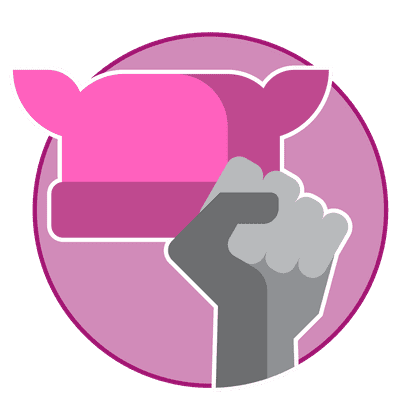
8% of Americans
“The deck is stacked against people of color, against women, against people who don’t have the advantages that others have. It’s not an egalitarian society by any means.”
60-year-old man, Indiana, Progressive Activist
Progressive Activists have strong ideological views, high levels of engagement with political issues, and the highest levels of education and socioeconomic status. Their own circumstances are secure. They feel safer than any group, which perhaps frees them to devote more attention to larger issues of social justice in their society. They have an outsized role in public debates, even though they comprise a small portion of the total population, about one in 12 Americans. They are highly sensitive to issues of fairness and equity in society, particularly regarding race, gender, and other minority group identities. Their emphasis on unjust power structures leads them to be very pessimistic about fairness in America. They are uncomfortable with nationalism and ambivalent about America’s role in the world.
Main concerns
Climate Change, Inequality, Poverty
Compared to the average American:
-
More than twice as likely to list politics as a hobby (73 percent v. 35 percent)
-
Three times more likely to say that people’s outcomes result from “luck and circumstance” (75 percent v. 25 percent)
-
Less likely to believe the world is becoming a “more and more dangerous place” (19 percent v. 38 percent)
-
More than twice as likely to say that they never pray (50 percent v. 19 percent)
-
Almost three times more likely to be “ashamed to be an American” (69 percent v. 24 percent)
-
More likely to say they are proud of their political ideology (64 percent v. 43 percent)
-
Eleven percent more likely to be white (80 percent v. 69 percent)
-
Seven percent more likely to be between the ages of 18 and 29 (28 percent v. 21 percent)
-
Twice as likely to have completed college (59 percent v. 29 percent)
